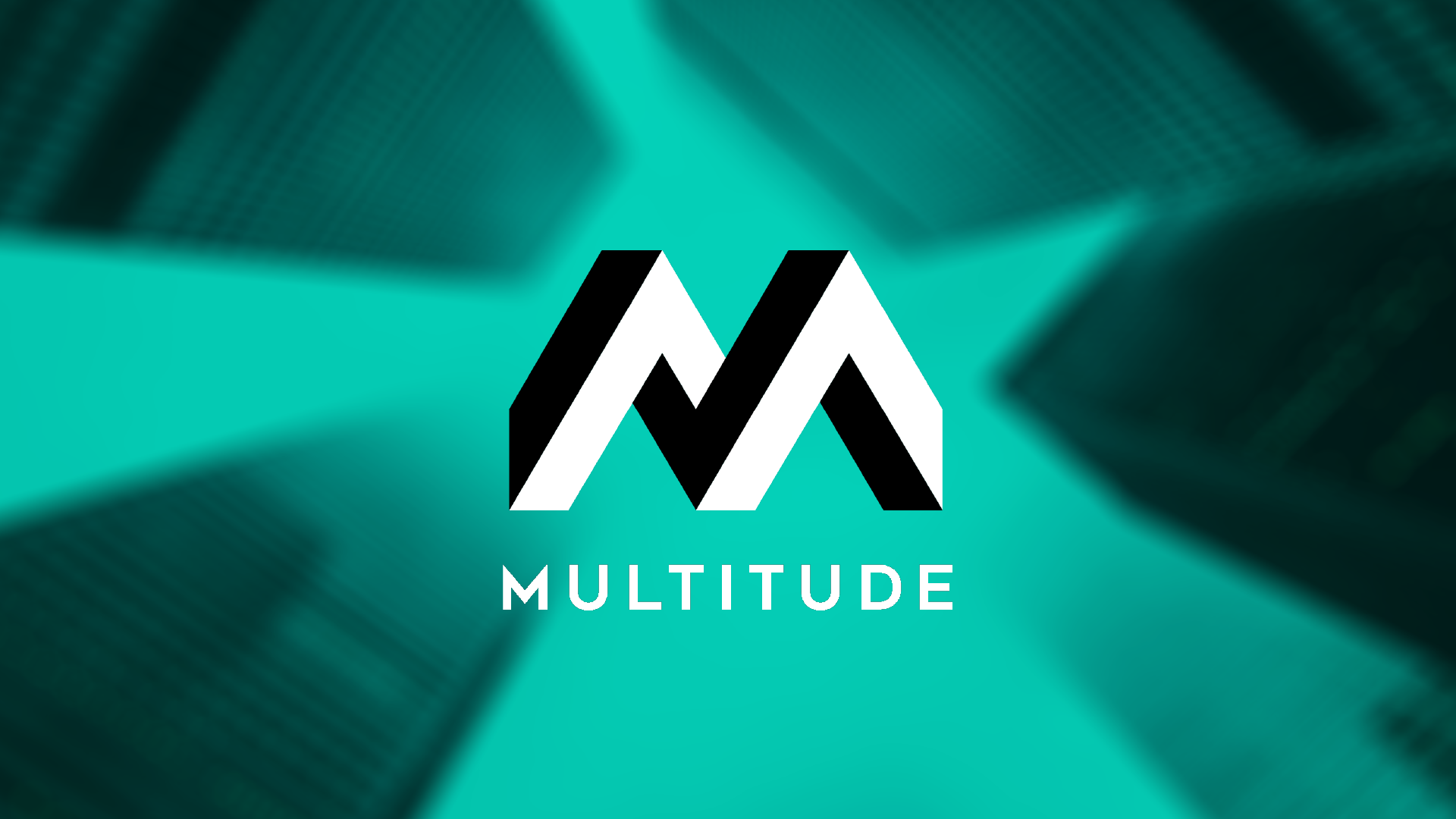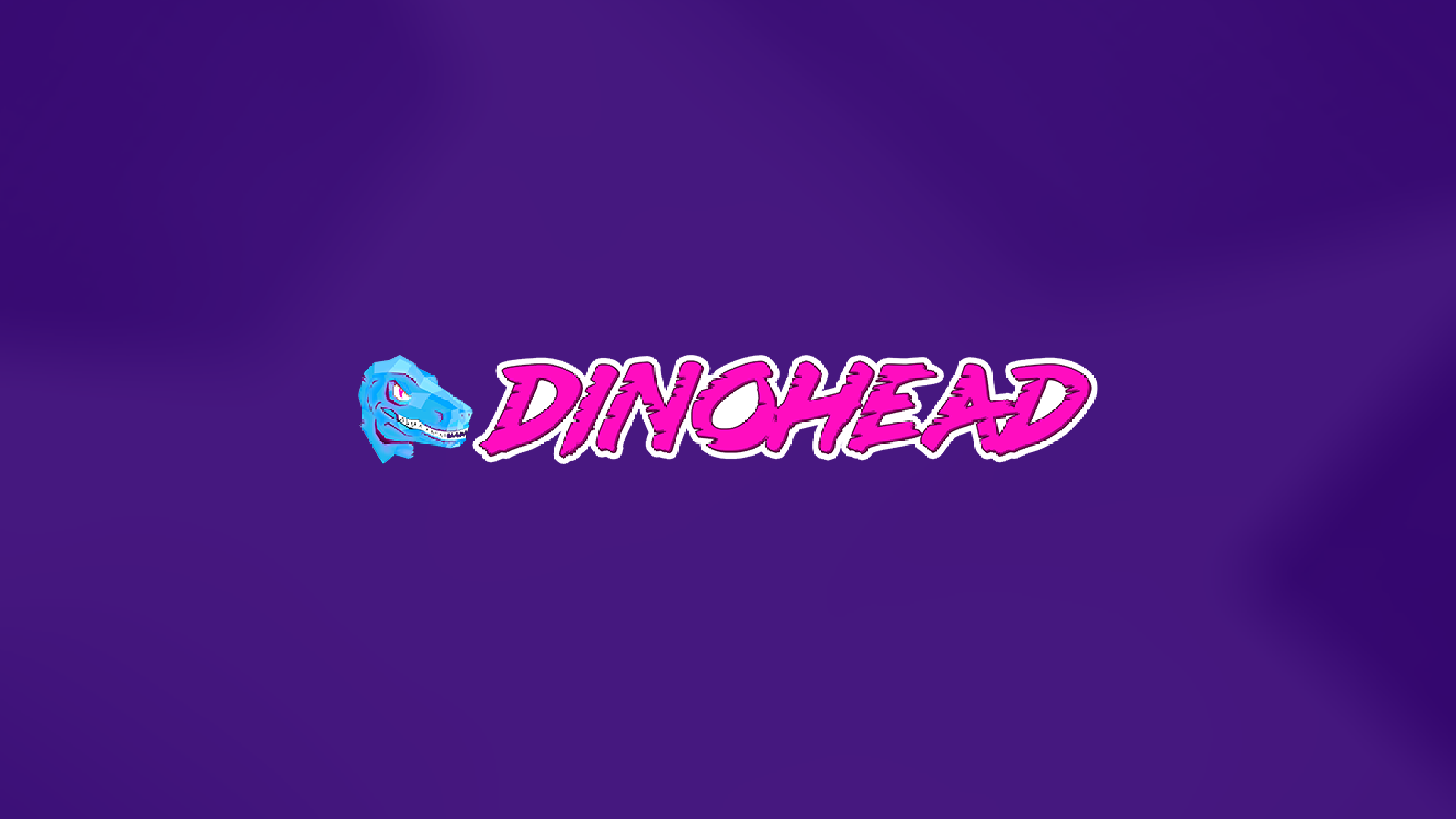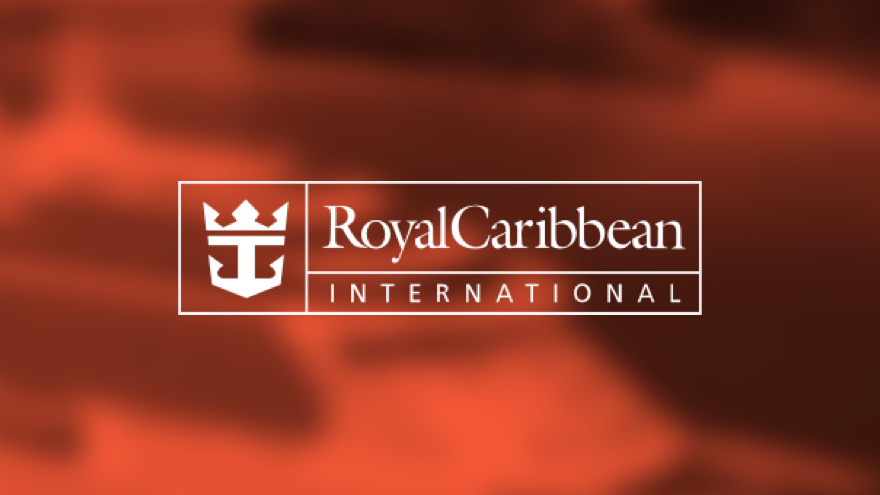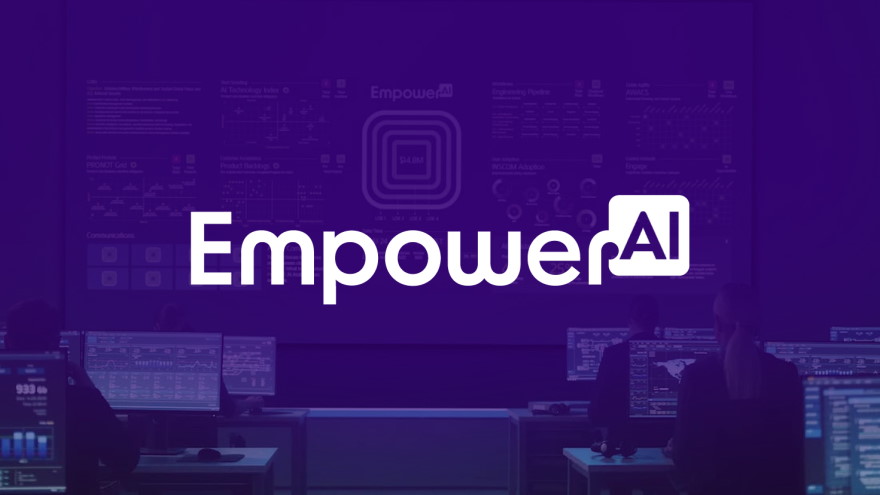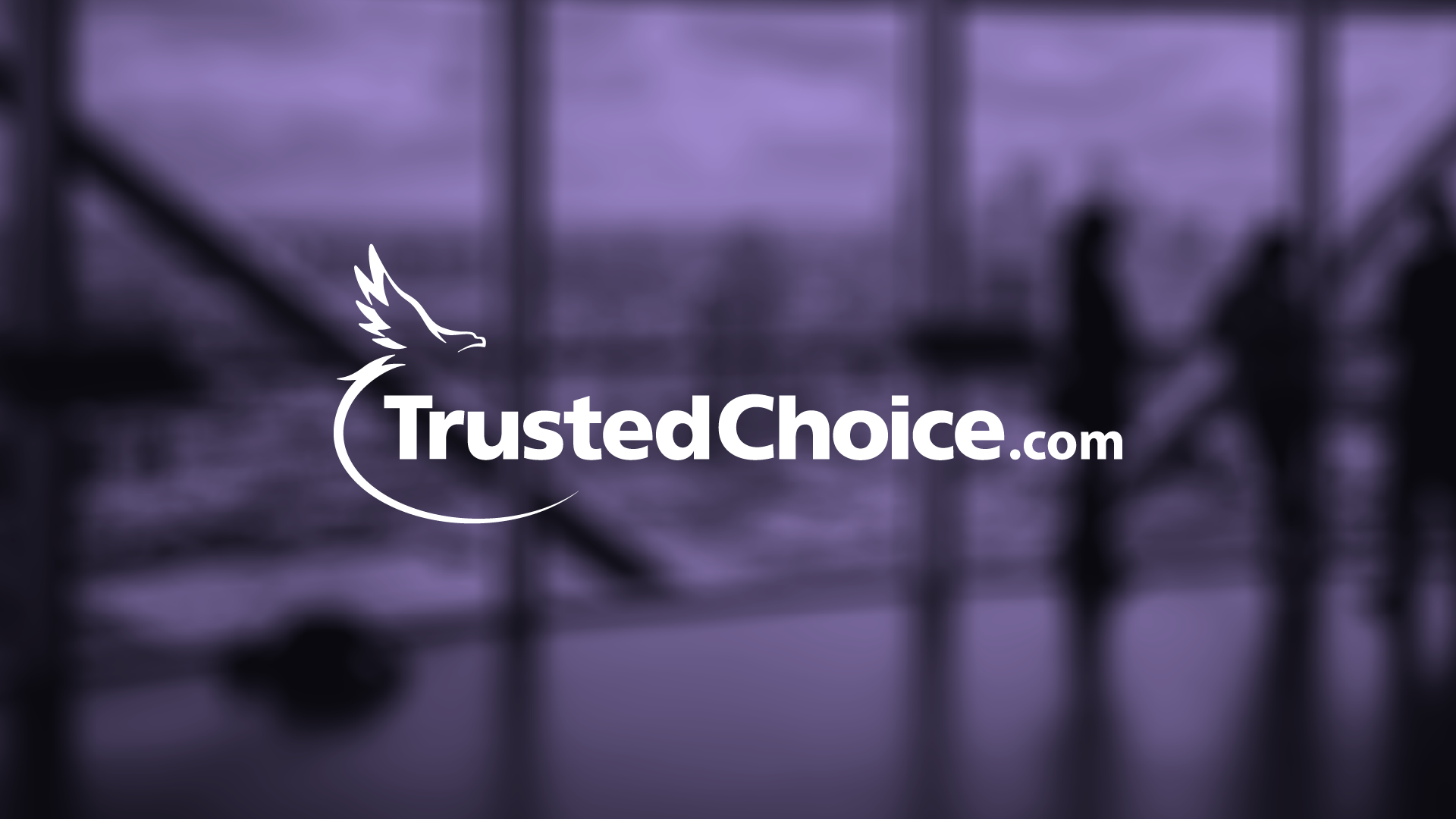To help U.S. defense agencies modernize their infrastructures, GDIT has created Kubernetes solutions based on the D2iQ Kubernetes Platform (DKP). Thus far, GDIT has created DKP-based container management solutions for a broad array of U.S. military agencies and the deployment roster continues to expand.
Todd Bracken, GDIT DevSecOps Capability Lead for Defense, said the initial DKP deployments that GDIT created have proven their mettle by running securely and resiliently for three years. This success, said Bracken, along with accelerating demand for Kubernetes within the U.S. Department of Defense (DoD), has led more groups within the U.S. defense industry to engage GDIT to create DKP-based solutions.
Why D2iQ?
Bracken said GDIT chose DKP as the basis for its Kubernetes solutions because of DKP’s successful deployment within the DoD’s Platform One program. Platform One is a shared resource that provides DevSecOps managed services for the DoD and other defense agencies. The platform solutions created within the DoD Software Factories provide consistency and standardization for Kubernetes deployments across the DoD.
GDIT also has made DKP the foundation of the Kubernetes solutions it creates within its Coral Software Factory, which Bracken leads. “DKP gives GDIT a secure, reliable, scalable, open, and production-ready platform on which to create Kubernetes solutions for its government clients,” said Bracken. The fact that DKP is based on pure CNCF-conformant Kubernetes is an important dimension, he added.
“DKP gives GDIT a secure, reliable, scalable, open, and production-ready platform on which to create Kubernetes solutions for its government clients.”
Todd Bracken, GDIT DevSecOps Capability Lead for Defense
Meeting Modernization Goals
The DKP solutions that GDIT is providing to government agencies are chiefly “green field” deployments to modernize legacy infrastructures. This includes providing shared-tenant environments and the digital engineering required to build specific agency applications on top of the Kubernetes foundation, said Bracken.
U.S. military agencies are seeking “all the benefits around containerization,” Bracken explained, including development workflow for infrastructure, operational flexibility, and efficiency.
“Ensuring high levels of security is a key requirement for government implementations, and GDIT is able to provide first-class support for air-gapped environments to its military clients via DKP,” said Bracken. The simplification of application deployments through DKP’s automation is a huge advantage for DevSecOps teams, he added.
Cloud, Edge, and Hybrid Solutions
Most of the solutions GDIT is providing are running either in the cloud or on premise, with deployment to edge locations also in the mix, said Bracken. Within these environments, ease of deployment, ease of management, observability, and multi-cloud, multi-cluster management are among the valued production-ready benefits DKP provides, he added.
Although artificial intelligence and machine learning (AI/ML) solutions are still in the nascent stages within the military Kubernetes solutions GDIT is providing, the DKP foundation will support AI applications and AIOps as AI use cases increase, said Bracken.
“The need to secure the supply chain is receiving heightened attention, and the high levels of security DKP provides will serve those strategic goals,” Bracken noted.
GDIT is currently creating DKP-based solutions to fulfill a new round of DoD contracts it has secured for container management solutions, and Bracken said he expects more deployments will be forthcoming as military modernization continues to accelerate.
Asked to rate the performance of DKP and the level of support GDIT has received from D2iQ, Bracken said both have been “excellent.”









